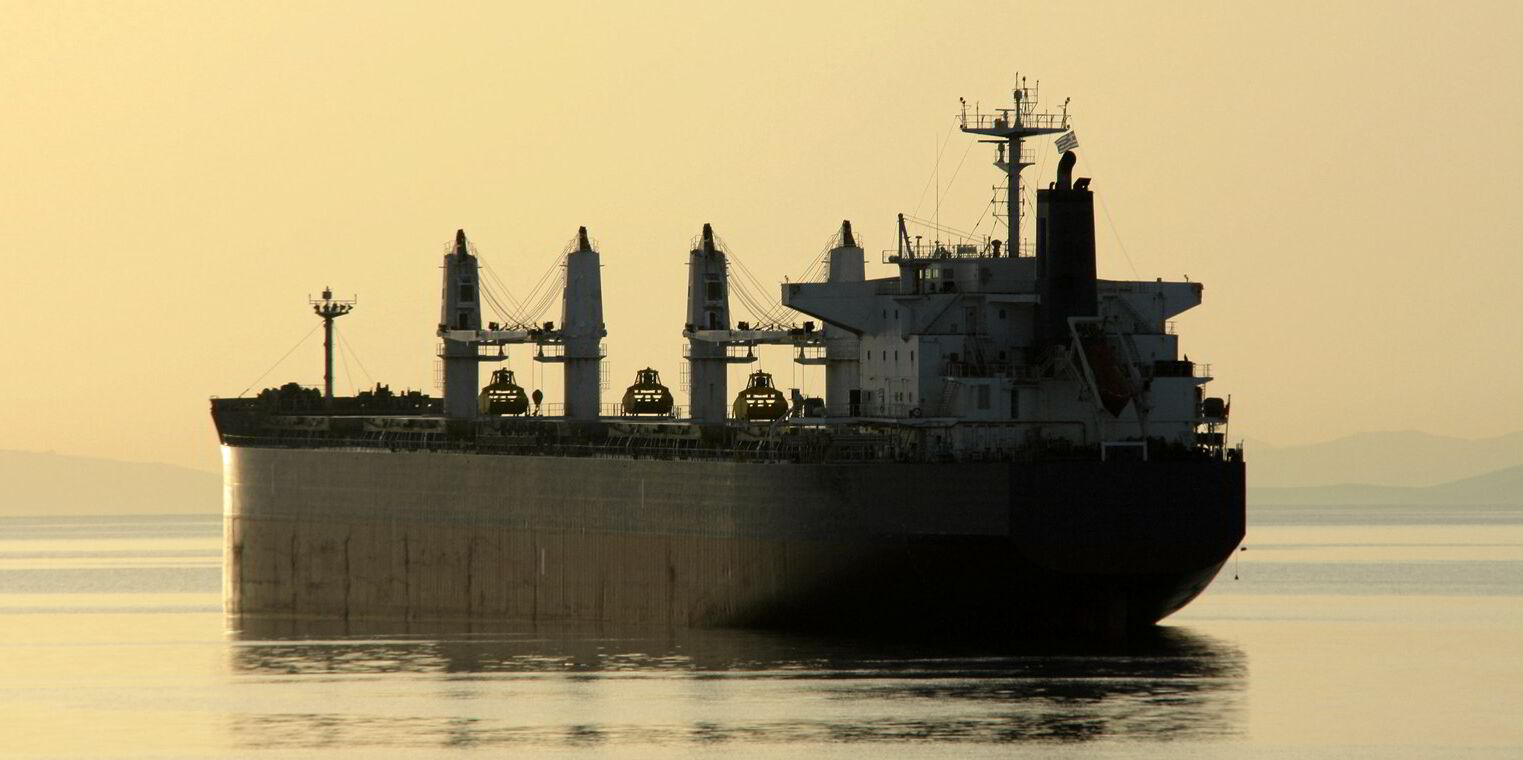China’s Seacon Shipping has reported a tripling of net profit for the first half of 2024.
The Hong Kong-listed company achieved net income of $32.6m versus $10.9m in the first six months of 2023, regulatory filings show.
Revenue rose by 15.6% year on year to $137.8m on the back of a near 10% increase in the deadweight capacity of its fleet.
“In the first half of 2024, with the steady recovery in manufacturing and supply chain imbalances caused by geopolitical events, the global shipping market was generally recovering,” said Seacon.
The Baltic Dry Index (BDI) increased by 58.7% year on year on average over the period, while the Baltic Clean Tanker Index increased by 20.3%, the company said.
“Since the second half of 2023, the group has also been active … in the oil/chemical tanker market and successfully secured a higher charter rate with a diversified fleet,” it added.
Seacon’s controlled fleet comprises 20 bulkers and 10 oil/chemical tankers with a combined capacity of 1.45m dwt.
It also had more than 55 charter agreements in place as of 30 June, which added an additional combined carrying capacity of around 250,000 dwt to its fleet.
“Maintaining a perfect and balanced asset mix of vessels is crucial to the healthy development of the business,” it said.
However, revenue from chartered-in vessels fell to $41.7m, a 18.7% decline from $51.4m in the first half of 2023.
In contrast, revenue from controlled vessels was $63.1m, a 38.9% increase from the $45.4m a year earlier.
“In the fourth quarter of 2023, the dry bulk shipping market was affected by the congestion in the Mississippi River, Panama Canal and Suez Canal, resulting in a decrease in overall supply of carrying capacity,” Seacon said.
“On the other hand, stimulated by factors such as the increase in grain in Brazil since August and the start of bauxite projects in Guinea in October, terminal demand has rebounded, driving the BDI to reach a high of over 3,000 by the end of 2023.
“At the beginning of the first quarter of 2024, even though BDI had a short-term slide due to the traditional low season, throughout the first half of 2024 the dry bulk shipping market delivered satisfactory performance.”
The company attributed this to the market’s positive expectations for China’s economic recovery, the persistent congestion at the two major canals, and the impact of the Red Sea crisis, which has forced many ships to divert via the Cape of Good Hope.
Seacon expects to add 26 vessels to its fleet from the second half of 2024 to 2027 —11 bulk carriers, 11 chemical tankers and four MR product tankers — which will increase capacity by around 1m dwt.





